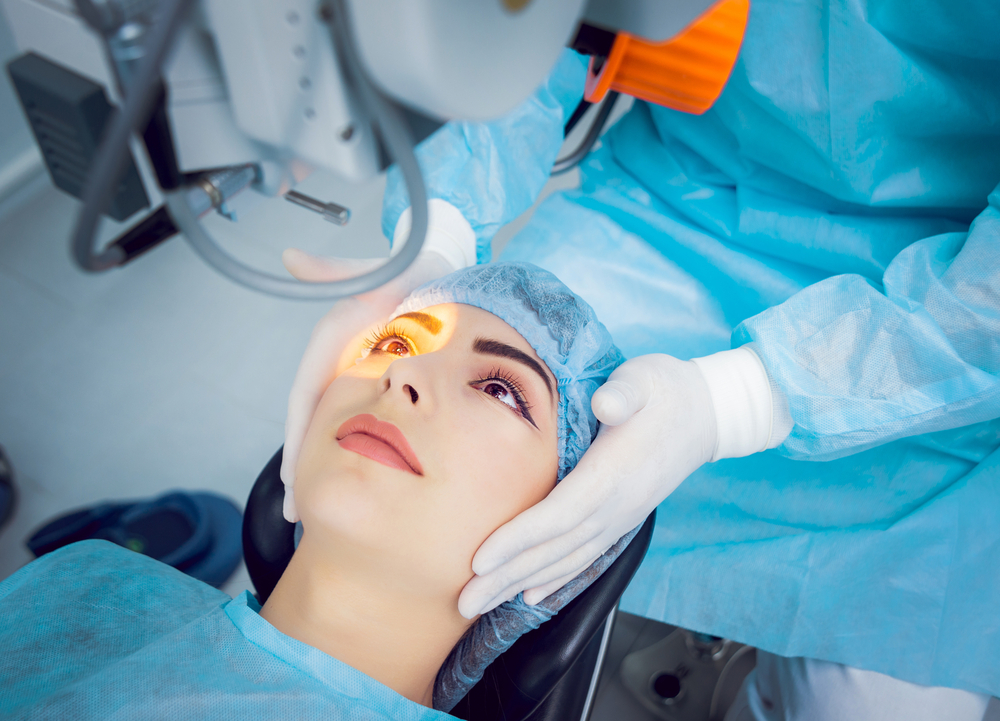It’s important to keep your eyes healthy because it’s an essential organ that you need in your everyday life. However, there are times that your eyes will fail you.
In Bonita Springs, there are lots of optometrists who can help you with your eyes, especially with cataract surgery.
What’s a Cataract?
First of all, cataract is what you call the particles inside your eyes that clouds your vision. To give you a better illustration, it’ll seem like you’re looking through a window that fogged up if you have a cataract. Because it impairs your vision, you might need cataract surgery to improve your vision.
What Are the Questions You Need To Ask About Cataract Surgery?
Before you go into a cataract surgery in Bonita Springs, here are some important questions you must ask:
1. When Do You Need Cataract Surgery?
Take note that cataract surgery isn’t the first and immediate option once you have a cataract. There are times when cataract doesn’t even cause clouded vision or interfere with your everyday life. So, it’s important to ask your trusted optometrist in Bonita Springs, like those from quigleyeye.com, when you need cataract surgery.
Usually, the only time you need to undergo cataract surgery is when you have difficulty in reading and driving. Once your cataract interferes with your vision, then it’s time to do cataract surgery.
However, you must not wait to have cataract surgery. This is because the longer your cataract grows, it hardens. In a situation where your cataract hardens, your optometrist will have a more difficult time removing your cataract. Moreover, a cataract that hardens can also lead to glaucoma, which is a condition that affects your optic nerve and could lead to blindness.
2. What Type of Cataract Surgery Will You Have?
There are two types of surgery options for you when you have your cataract operated. Before, phacoemulsification was the only option available. Phacoemulsification is a procedure that uses a blade to make incisions to take out your cataract.
Fortunately, with the advances in technology, there’s another type of surgery available for you called laser cataract surgery. With laser surgery, your optometrist can view your eyes in a high resolution and magnified image. Afterward, a laser will be used to cut into the lens of your eye to take out your cataract.
Laser surgery provides a safer alternative to the incision that the surgeon will make as compared to Phacoemulsification.
3. What Preparations Do You Need To Make?
Cataract surgery is not a very simple procedure. Because of this, you need to make preparations before the actual surgery. That is why this is also one of the questions you need to ask your doctor.
Usually, before cataract surgery, your doctor will do some tests to measure the size of your eye. Measurements of your eye will come in handy when your optometrist tries to make your lens. In addition, your doctor might also advise you not to take certain kinds of medicine before the surgery to prevent complications.
Another instruction you must pay attention to is the requirement to fast 12 hours before the surgery and put some eye drops in order to prevent any kind of infection. Moreover, you also need to make sure that you arrange someone to bring you home after the surgery since you’ll be a bit dizzy after. Your vision won’t also be perfect once the surgery is done. That’s why you need someone to bring you home.
4. What Kind of Lens Should You Get?
When you undergo cataract surgery, your lens will get replaced by an artificial one. This means that you’ll also be able to choose the kind of lens that you’ll get. Now, you can either get a standard lens, multifocal intraocular lens, or toric lens.
The standard lens has the same features as your inborn lens. With the multifocal intraocular lens, you’ll be able to get high-quality distance vision and won’t need glasses anymore. In addition to that, you’ll also be able to get add-ons, such as UV protection, on your lens. Thus, you won’t need to use UV protection glasses anymore.
On the other hand, toric lens correct astigmatism in case you also have that, too. These lenses will hit two birds with one stone.
Conclusion
By asking these questions about cataract surgery, you’ll be able to cover all grounds. Although cataract surgery is not very risky, you still want to make sure that the operation goes seamlessly. To do this, don’t be afraid to ask the questions above before you get your cataract surgery.

